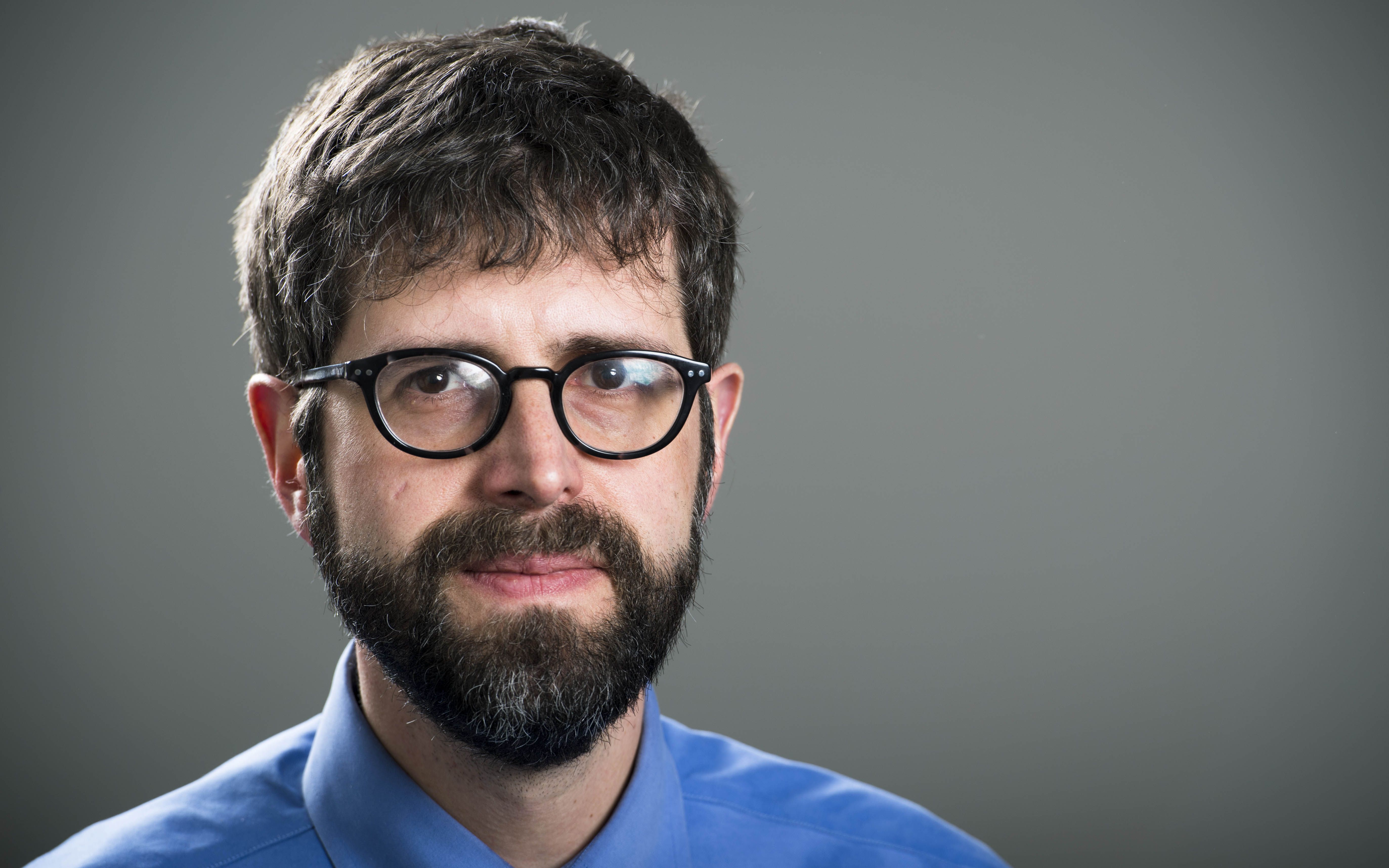City Council approves ‘complete street’ rules
If Spokane voters approve a new tax to repave a new round of crumbling streets, walkers, wheelchair users and bicyclists won't be ignored when streets are rebuilt.
The Spokane City Council late Monday, in the last meeting before four of the members will be replaced, voted 5-2 in favor of a “complete streets” ordinance.
The new rule will require that when streets are reconstructed, pedestrian and bike infrastructure already called for within the comprehensive plan – the city's long-term growth guide -- must also be included as part of the construction. That extra infrastructure, however, wouldn't have to be included if the cost to add it equaled 20 percent or more of the total project cost.
The list of the nearly 40 people who testified on the proposal was one of the longest for any issue the council debated this year. Most who spoke were in support, including those representing schools, the elderly, people who have disabilities, affordable housing, the South Perry Farmers Market, health, businesses who have workers who walk or bike to work and Gonzaga University. There were several, too, who opposed the complete streets rule because of the potential costs.
Councilwoman Nancy McLaughlin, who was joined by Councilman Bob Apple, in opposing the ordinance, said while many complete street improvements are worthwhile, the city shouldn't mandate them in city code. She said every dollar spent toward complete street concepts is one that won't be used on crumbling pavement. She said supporters should instead work to add specific pedestrian and bike improvement projects into the next street bond vote that could be considered as early as next year.
“The desire for complete streets should be (considered) at the voting polls,” she said.
But supporters on the council said the ordinance will open the city to state and federal grants geared toward pedestrian and bicycle safety. They also said it creates a strong, inclusive vision for the city along with exceptions that protect the Spokane's finances.
“The future of this country is to reduce our dependence on the internal combustion engine,” Council President Joe Shogan said just before the council voted. “The wind's blowing for the future, and the wind's blowing for complete streets.”
The rules are largely geared for a potential new street bond. Projects paid for the property tax approved by voters in 2004 are nearly completed. Ones that are left are exempted from the ordinance. Outgoing Spokane Mayor Mary Verner has worked to prepare a second round that could go before voters as early as next year. During the mayoral campaign, Mayor-elect David Condon expressed support for asking voters for a second street bond.
The city has defined projects paid for with the 2004 as “curb-to-curb” only and hasn't financed much pedestrian or bike infrastructure as part of it except for sidewalk ramps at intersections.
Dr. Matt Hollon, an internal medicine physician and member of the city's Bicycle Advisory Board, told the council that adding infrastructure for bicyclists and walkers will help encourage more people to exercise. Dealing with the country's obesity epidemic “on a patient-by-patient basis approaches futility,” he said.
“It's about making walking, jogging and biking immediately accessible to all our citizens,” Hollon said. “If you are working for Spokane and you care about the health and well-being of spokane, you will support the complete streets ordinance.”
Advocates for the blind and other people who have disabilities, said a complete streets law will help make the city accommodating.
Walt Mabe, who uses a wheelchair, said the city is in desperate need of safer streets. Many curbs don't have ramps and even ones that do are often pointed in a way that force wheelchair users outside crosswalks.
“We need to make it safe for everybody,” he said.
But some told the council that the proposal will force costs up, thus increasing taxes.
Carol Black, a former city employee, said supporters make “complete streets” sound like the ordinance will turn the city into a utopia.
“I would love to have something like that here,” Black said. “That would be great. But the trouble is I can't afford it and neither can we.”
Cindy Zapotocky, former chairwoman of the Spokane County Republican Party, said with European economies “teetering on economic collapse,” Spokane's economy is not likely to improve soon.
“There is much we all want that we can't afford,” Zapotocky said. “For now, please defer expenses so we are not a poorer community.”
Zapotocky also questioned if the council should take up the issue in the last meeting before four members will be replaced. Council President Joe Shogan interrupted her testimony to scold her for calling the council “lame duck.”
Councilman Steve Corker said that if the council worried only about cost, the city would never strive to be something better.
“It's a document that's trying to tell us what our city should be like,” Corker said.
